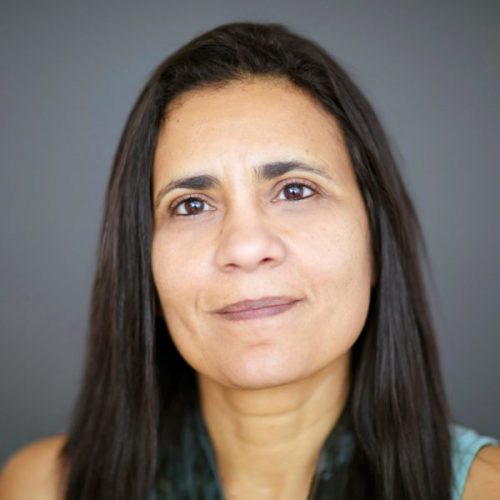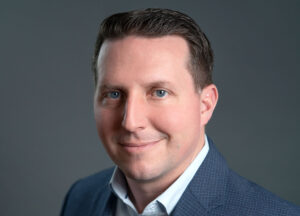
Dicla is a rehabilitation counselor with more than 25 years experience working with people experiencing extreme states of mind. After earning a BA from Brandeis University and an MA from Boston University, she worked as a rehabilitation counselor in various community settings, including Massachusetts’ first bilingual and multicultural clubhouse program. In the 1990s, Dicla partnered with Dr. Ross Ellenhorn to develop and implement the first fully operating evidence-based program in Massachusetts aimed at decreasing hospital use by mental health clients. In 2002, she implemented one of the first publicly funded PACT Teams in the state, serving as program director for five years. Most recently, Dicla completed a two-year certification program in Open Dialogue at the Institute for Dialogic Practice, North Hampton, MA. Over the past decade, she has served in a variety of roles at ellenhorn.
A conversation with Dicla Circelli
Q: Why did you decide to move to the Raleigh-Durham area of North Carolina?
A: Since starting to visit North Carolina three to four years ago, I’ve fallen in love with it. I love the slower pace; it smells fresh; people are warmer. We talk about “hospitality” at ellenhorn, meaning the special way we welcome our new families. This place embodies hospitality.
Q: What is unique about ellenhorn?
A: No other program is rooted in the client’s and family’s community and social world the same way we are. Sure, our clients have psychiatric issues; but they also are a son, a brother, a sister, an aunt. We begin by placing value on that part of their human experience, then thinking about how the psychiatric problem interferes with that. Most other programs operate the reverse way.
Another difference manifests itself in the way we think about the specialties on our team. We have a psychiatrist and nurse, but they are outnumbered by the wellness folks, the vocational folks, the educational folks, the expressive therapist, the family therapist. The makeup of our team represents the value we place on our clients’ goals for living their lives in the real world.
Q: How do you see this model fitting in the Research Triangle area?
A: No private programs here have our focus. No one is thinking primarily about how to integrate people back into their communities, their lives. Instead, whether in addiction or wilderness programs, people are removed from their homes into isolated experiences. In contrast, we help clients develop community and connect to it, rather than leaving home, going somewhere for a day or week, then going back to their apartment and trying to figure it out.
Also, there’s something very warm about this place. People walk through their lives in less of a rush; people are more conscientious about other lives. On the road, people stop and wait and wait very patiently for you to make a turn! This culture of kindness helps people who feel stigmatized and isolated, feel better. The cashier who makes eye contact with you, the people on the street who smile at you – those little moments of connecting are so affirming for people who are suffering.


